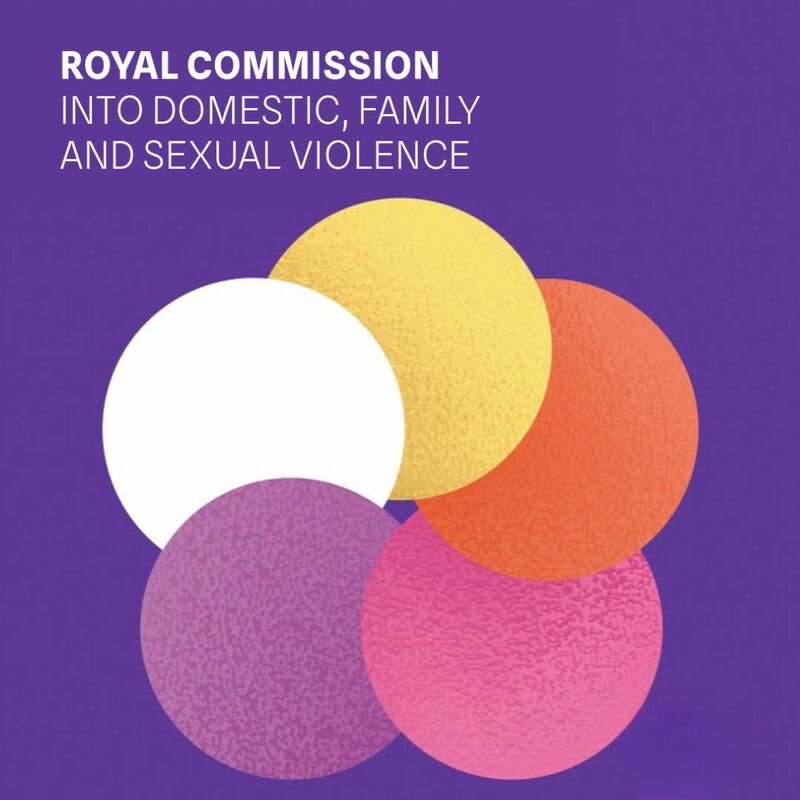1IN3's submission to the Royal Commission into Domestic, Family and Sexual Violence (SA)
The One in Three Campaign has lodged a submission to the South Australian Royal Commission into Domestic, Family and Sexual Violence. You can download a copy from here.
Here is an excerpt from our submission:
As males make up a significant proportion of family violence victims, we take issue with statement (g) of the Governor’s instructions that,
“while anyone can be a victim of family, domestic and sexual violence and have violence perpetrated upon them, the overwhelming majority of victims are women and children.”
As females make up a significant proportion of family violence perpetrators, we also take issue with statement (h) that,
“while anyone can perpetrate family, domestic and sexual violence and have violence perpetrated upon them the overwhelming majority of perpetrators are men.”
We are extremely concerned that these erroneous statements by the Governor demonstrate that discussion of male victims and female perpetrators will not be permitted by the Royal Commission on the basis that they are (incorrectly) believed to be few in number.
Similar presumptions meant that, historically, male victims of sexual violence could not access most sexual assault services despite these services being often funded to help all victims. Thankfully this is no longer the case.
NSW is one of the few Australian states that has acknowledged the existence of male victims of family violence. However, in order to get assistance men are required to obtain a referral from a local safety committee. Andrew Humphreys has been on one such committee and regretfully has little confidence that many men are able to obtain referrals to Victim Services due to the ideological bias of committee members.
As a social worker working in South Australia, Mr Humphreys has had little success obtaining help for male victims of family violence through mainstream services. This discrimination is denied by government.
We are concerned that the terms of reference of this Royal Commission are blind to child abuse, where perpetrators are at least as likely to be female as male (see data cited earlier in this submission). This diminishes the capacity of services to prevent abuse of children (prevention being one of the most important foci of this Commission).
Abuse of the elderly also seems to be ignored by the terms of reference of the Commission, where once again perpetrators are very commonly female (making up 45% of perpetrators).
One outcome of the federal Royal Commission into Institutional Responses to Child Sexual Abuse was that over 60% of victims who came forward were males. Gender-based presumptions about child sexual abuse meant that most of these men were in the past denied access to sexual assault support services because they were male.
When we politicise values directing human service provision we risk discriminating. This is currently what is happening to male victims of family violence and is also impairing the protection of children from abuse.
If the Royal Commission does not examine the reality of family violence it simply cannot hope to meet its stated aims regarding prevention, early intervention, response, recovery and healing, and integration of services.

